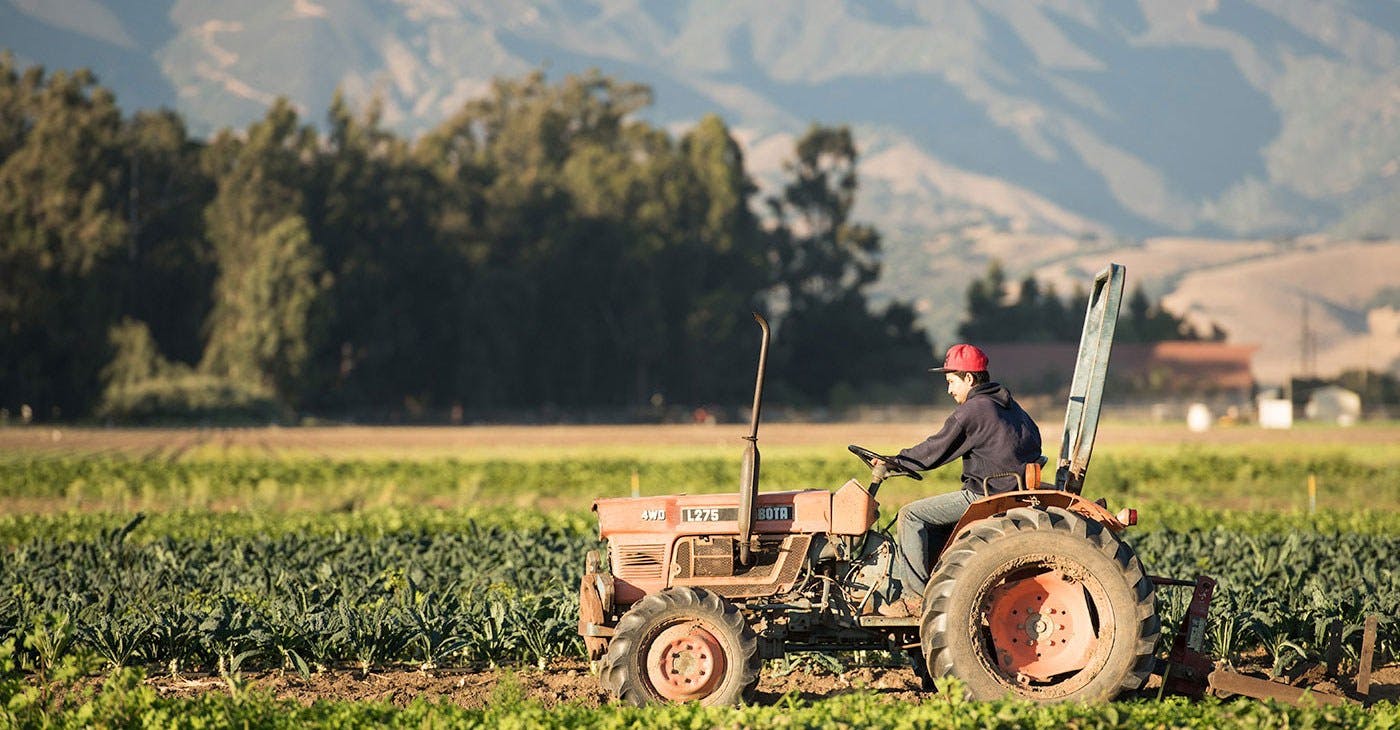FOOD PHILOSOPHY
Making it Better with Organic
At Clif Bar, our journey to use organic ingredients started in 2003. We’ve been able to increase our use of organic ingredients every year and continue our relentless quest toward using 100% organic ingredients.
We’ve learned along the journey that organic can be a catalyst for good. It’s key to creating a healthier, more just, and sustainable food system for all of us, and organic food connects people to a healthy planet.
We’ve also learned that organic farming isn’t a pastoral remnant of the 19th century. It’s innovative and can play a critical role in feeding a growing world. That’s why we’re working every day to ensure that organic is here to stay, for good, and for generations to come.
Clif Bar’s Organic Commitment
- 1 billion pounds of organic ingredients crafted into our food since 2003
- 76% of all ingredients purchased in 2018 were organic
Supporting our Farmers
Clif Bar’s success depends on the success of the farmers in our supply chain. That’s why we meet with our farmers to learn about their needs. In 2019, that led to the creation of the Clif Ag Fund, which will make a variety of investments—from new technologies to infrastructure—designed to increase the economic resilience of our organic farmers.
Investing in the Future
Research is key to advancing agriculture, yet government support for organic research has lagged. One example: A dearth of seed bred to thrive in organic conditions is a major obstacle for organic farmers. To help fill the void, Clif Bar has become the largest private funder of organic research in the U.S., supporting graduate fellowships in organic plant breeding and endowed chairs in organic research at leading public universities.
How People Benefit
Organic farming reduces the exposure of consumers, farmers, farmworkers and neighboring communities to toxic persistent pesticides. Instead of relying on synthetic chemicals, organic farmers primarily use ecological practices like crop rotation to improve soil fertility and avoid pests and disease.
How the Planet Benefits
Organic farming is a powerful tool in the fight against climate change--arguably the most challenging issue facing all of us. Compared with conventional agriculture, organic farming uses less fossil fuels and stores more carbon in the soil, reducing the amount released into the atmosphere as a greenhouse gas. Organic farming also results in far fewer chemicals polluting soil and water.

